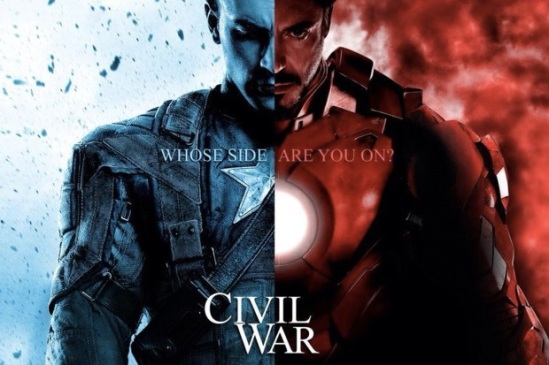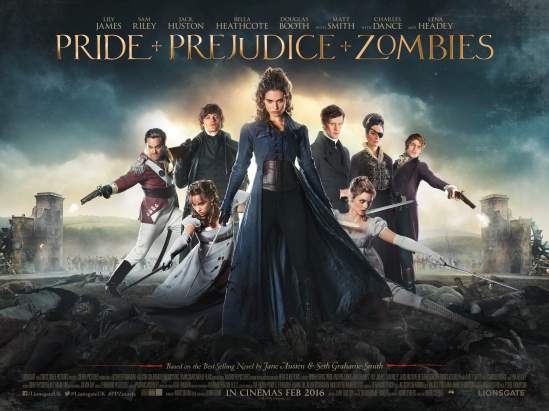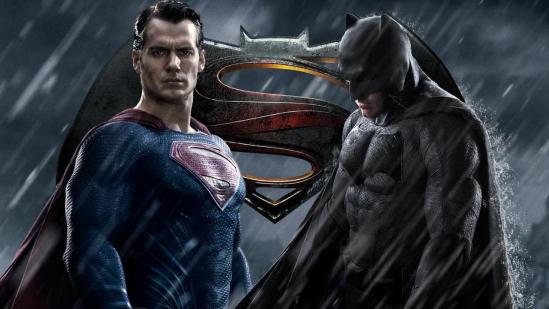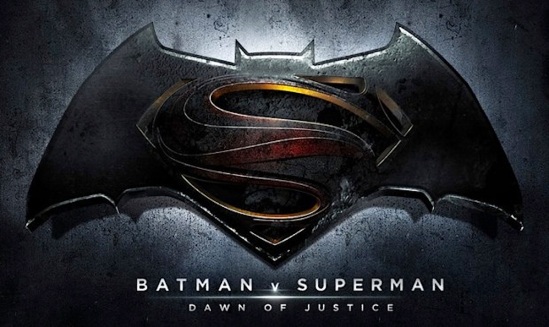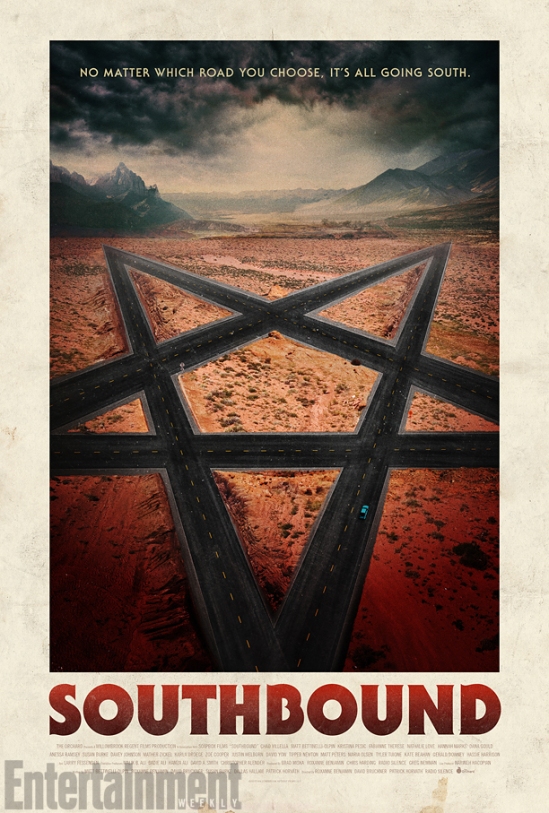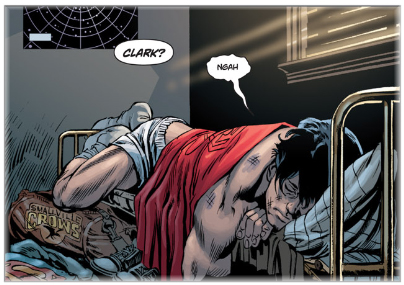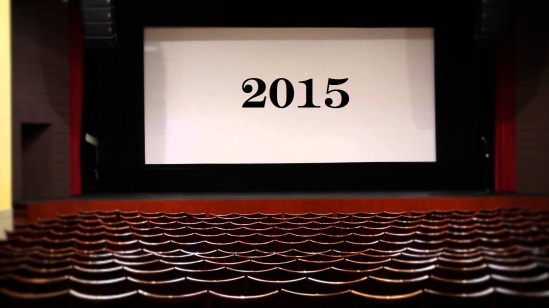Part 1 – Iron Man or Why Character Motivation is Important
Psychologically understandable character motivation within narratives has not always been prevalent in storytelling, especially as it ties to underlying themes. One need only read The Three Musketeers to see plot contrivance trump psychological realism when d’Artagnan immediately forsakes his hithertofore, lifelong held belief that Cardinal Richelieu is a good man because some random guy in a bar tells him so. It is a volte-face of such extreme that most modern readers would get whiplash and cry foul. Psychological realism was not necessarily the style of narrative at the time, so contemporary audiences were fine with it, the fact that it promoted the plot was more than enough justification for that moment. For the modern audience, however, we tend to expect a much greater deal of psychological realism (or believability) in our narratives. Yet, there seems to be an increasing trend that when it comes to modern narratives that we are far more willing to accept plot convenience, or at least to acquiesce to plot convenience, as a more dominant factor than psychological realism, coherency of narrative subtext, or agreement with theme. In fact, we seem far more willing to forgive completely insane character decisions for the sake of visuals, aesthetics, or some plot driven reason. But plot, story, and character, are held together by subtext, motivation, and themes, and when they are ignored, contradicted, or circumvented (none of which is the same as subverted) the resulting story often feels shallow, hollow, and empty, as if it is bereft of true substance. This can be across whole narratives, but often we can see it most clearly in specific scenes within a narrative that speak to the bigger problem.
A prime example of this can be seen in Jackson’s adaptation of Tolkien’s Fellowship of the Ring in the scene with Arwen, Frodo, the Black Riders, and the Ford of Bruinen at Rivendell. In the book, Arwen is not present. Aragorn and the hobbits are met by the elf lord, Glorfindel. Glorfindel gives Frodo his horse and sends him riding toward Rivendell via the Ford of Bruinen. Pursued by the Riders, Frodo is injured, weakened, and constantly tempted by the One Ring. He makes it over the river and faces off against the Riders. They tempt him. The Ring tempts him. But even in his weakened state, even with his wound from the evil Morgul knife, and even with the power of the Ring calling him, Frodo refuses them. He shows courage, stoutness of heart, and fortitude. Frodo falls to the ground, just as the river rises up and washes the Riders away. It is arguably for this reason, his strength of character, that the Council of Elrond agree to let Frodo journey into Mordor accompanied by the rest of the Fellowship.

In the film version of this scene, Frodo (badly injured with a Morgul knife) is unceremoniously dumped over Arwen’s saddle. Arwen then carries him, much like a sack of potatoes, pursued by the Riders. She then crosses the river with Frodo barely conscious, and presumably a bit bruised and battered from the ride. When the Riders approach, Arwen refuses their temptation with the slightly clumsy line, “If you want him, come and claim him.” Arwen then summons the power of the river, the waters of the river rise up, and the Riders are washed away. End scene.
Substituting Glorfindel with Arwen makes little difference to the story. In fact, the earlier animated adaptation substituted Glorfindel with Legolas, and that made sense as one elf lord is pretty much the same as another, especially when Glorfindel isn’t really in the rest of the story, so you might as well use the one that is going to be there for the next thousand pages. But what the animated adaption kept was Frodo riding away from the Riders on his own. The reason for this is that this was the important part of the encounter. Frodo refused the Riders and the Ring at his weakest, on his own, injured, with no support, and no protector. He demonstrated his strength of character and proved himself to be a trustworthy ringbearer. Unfortunately the Jackson adaptation completely misses this point. If anything, following Jackson’s scene, the Council of Elrond should have sent Arwen on the quest (with or without Frodo… perhaps in a large sack slung over the back of her horse). For all of Jackson’s attention to detail in adapting The Lord of the Rings, he seemingly missed the entire point of this scene.
Why would Elrond, Gandalf, Aragorn, Boromir, Legolas, and Gimli support Frodo’s quest when thus far all he has done to their knowledge has either been to use the Ring and get stabbed on Weathertop, or be rescued like a sack of potatoes by an elf? There is absolutely no reason to trust in Frodo or believe him capable of this quest at this juncture. He has demonstrated no fortitude, no judgement, no agency, no power, and in fact had to be rescued in the first place because he was tempted by the Ring. The characters are forced into this decision for plot reasons, not for any sort of narrative consistency, psychological realism, or earned status.
But to reiterate, this is not a problem with Arwen’s inclusion in the scene, as Arwen, Glorfindel, or Legolas, could all have been in the scene, but rather how she has been used, and how that ignores the subtext, theme, and underlying motivation that was in place in the original scene. She completely robs Frodo of his agency and his power in that crucial moment. If Arwen saved Frodo and was then included in the Fellowship this would be less of a problem in this specific sense, but that may create other issues, notably completely changing the make-up of the Fellowship. Although, if she replaced Legolas and performed the same function, that would have been easier to explain than why Frodo is allowed to go in the first place.
So what we have here is a cinematic sequence, that looks great, that flows well, that is a fine action set piece, but that completely undermines the entire subtext of the scene and removes the major reason that anyone would trust Frodo to go on the quest in any capacity, let alone as the Ringbearer. It ignores psychological realism in the characters involved in the Council. It ignores the theme of the books and story that the strength of the individual, no matter what their background, can be enough to fight evil and change the world. Jackson obviously had reasons for inserting Arwen at this juncture, but those reasons had nothing to do with character motivation or the necessary subtext created in that moment.
Character motivation and subtext can be a powerful tool in storytelling as it makes the narrative more compelling, more immersive, and more verisimilitudinous. When directors, producers, writers, and production teams ignore the subtext and the characters’ motivations, that is when we find ourselves viewing something that can feel jarring or wildly inconsistent (depending on the severity of the infraction). Viewers may not always realise why they feel that a character’s actions are out of place, or may not be able to exactly pinpoint why certain scenes felt unfulfilling. But viewers are very vocal at expressing dissatisfaction when the finished narrative has not fulfilled their expectations. So it is interesting that many filmic narratives and television shows seem to completely exclude the notions of subtext, character arc, psychological realism, and theme, when they are ostensibly trying to craft something that will please viewers.
Take the Iron Man trilogy. Few would complain about Robert Downey Jr.’s portrayal of Tony Stark. He seems to effortlessly portray a spoiled, narcissistic, genius, playboy and translate that to onscreen entertainment. He has demonstrated time and time again that he also can portray the nuance of character on screen, and is occasionally given the opportunity to do so within Marvel’s juggernaut franchise. But if we consider the character arcs created by the Iron Man trilogy (and the Avengers film that occurred between IM 2 and IM 3) we get to something of a stumbling block in which the character motivation seemingly vacillates and wavers for little apparent reason, themes get randomly changed mid-text, and the subtext strikes a strange discordant note across individual films and when viewed as a trilogy.

In the first, Iron Man, leaving aside the problematic timing of Obadiah Stane, for no apparent reason, wanting to have Tony killed, Tony goes through a transformative arc. He realises his weapons that he naively thought were being used to ‘protect’ American soldiers were actually being used to kill people. For a genius that is a bit of a blind spot that is hard to swallow, but we will gamely soldier on. As the film progresses he moves from a purveyor of weapons to wanting to protect. He creates a suit of armour that will allow himto rescue people, to stop the bad guys, and to be a hero. Okay, so he kills a few people, but they were bad guys and they shot first, or were holding hostages. Oh, and he leaves a man to be torn apart by a mob. But… yay for the good guys, I guess. He could have arrested them, captured them, deposited them at the army base, incapacitated them and sent the co-ordinates to the allied forces, etc. etc. but vigilante justice is a problematic type of heroism that is wildly and widely promoted in the MCU, and Hollywood in general, as being good, just, and heroic. No need to get into the double standards applied by heroes to important characters, and to the nameless chaff foot soldiers who can be incinerated with impunity, or the relative morality that is turned on and off like a switch when it is convenient.

